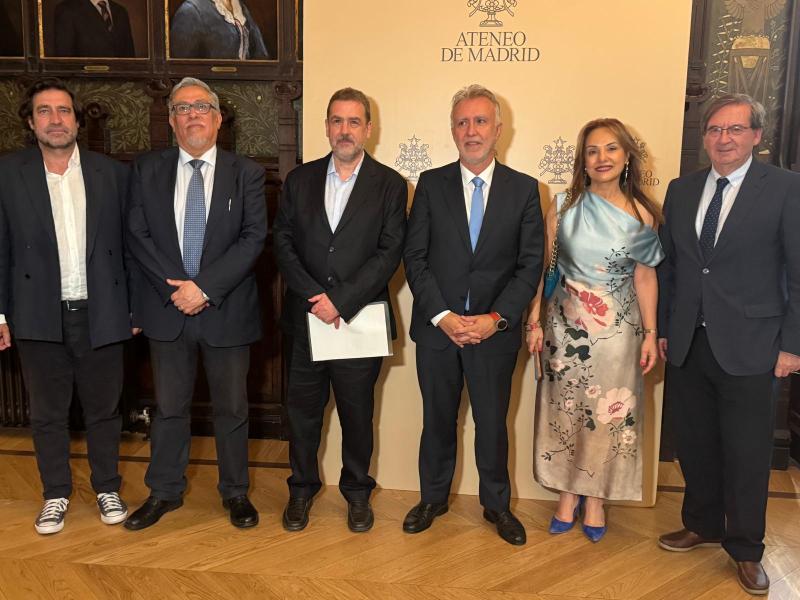Inaugurated by the Minister of Territorial Policy and Democratic Memory, Ángel Víctor Torres, the Ateneo of Madrid and the Spanish Ateneo of Mexico, with the support of the Ministry of Territorial Policy and Democratic Memory, it hosts, over two days, different tables that will address issues around exile such as the importance of host institutions, culture, art and science in exile and memory, and the relationship with current Spain.
The Ateneo de Madrid and the Ateneo Español de México commemorate and recognize, through these days, the work of the Spanish republican exiles, the Mexican government and society, the institutions where they found asylum, as well as the centers that the exiles created.
The year 1936 marked a before and an after in the political and democratic course of Spain, and in the daily lives of its men and women. The coup d’état against the Republic forced thousands of people to leave their homes and take the path of exile, especially from 1939.
The exile that for many became definitive, is also one of the most important events for the science and culture of Spain. The exiles found accommodation in many countries, especially in Mexico, whose president, Lázaro Cárdenas, carried out a campaign to welcome and support the refugees, being the country that received a greater number. The land of asylum provided them with “bread, work and home”, and made it possible for Spanish science and culture to begin its reconstruction outside our country.
The closing of the conference “The Paths of Spanish Republican Exile, Mexico 1939”, has been starred by the descendants of exiles and a reading about the poetry of exile.
